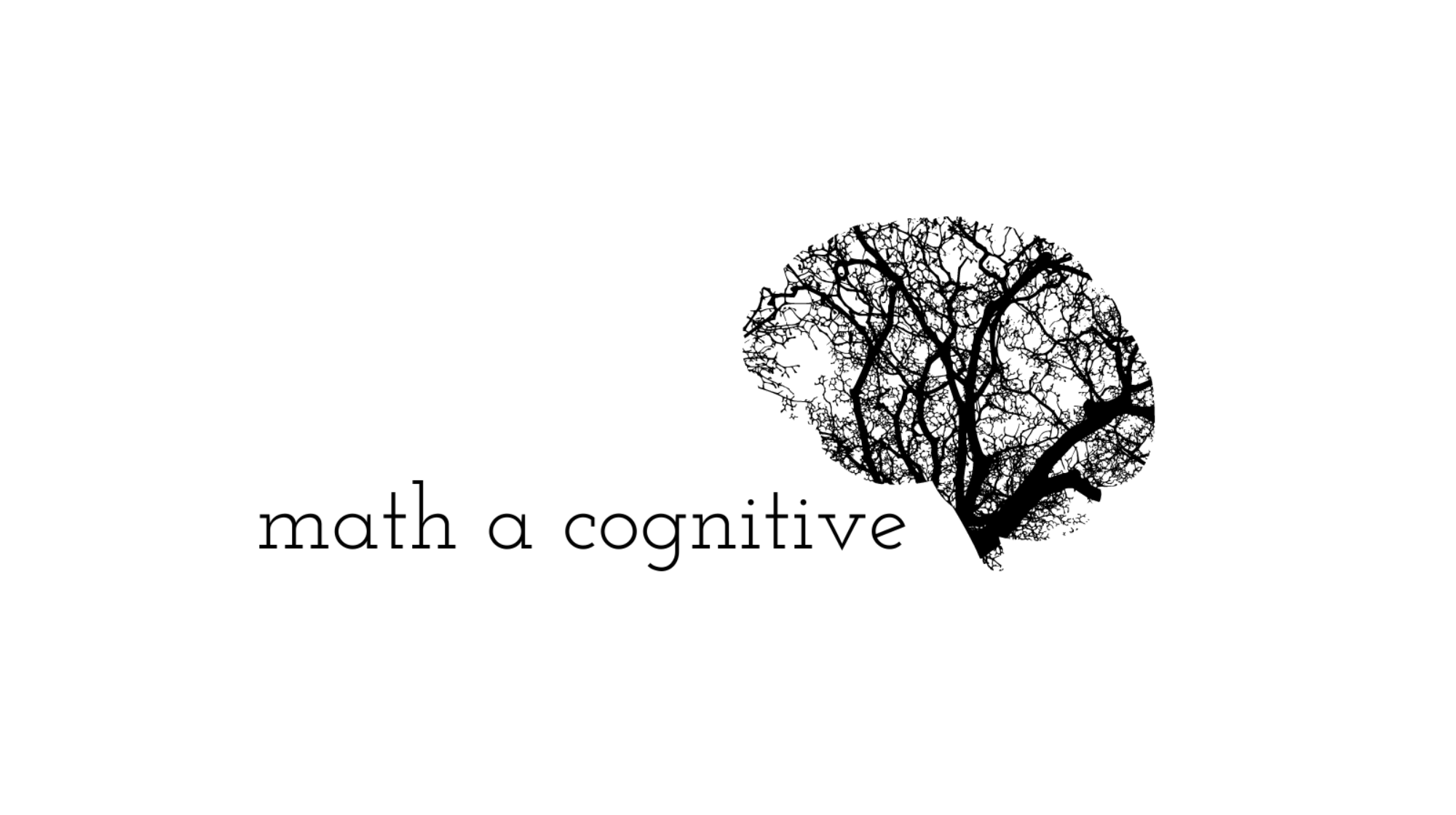It’s been a while since I wrote, here. Honestly, it has been hard to write about teaching, while everything about my teaching has been so upended by the pandemic. After a spring of emergency remote teaching, I (really) needed the summer break. I’m coming back soon to still-remote, but better planned remote teaching, and I’m looking forward to being back here more.
2020 update:
A few weeks before COVID, I started a new class, with a new group of students, and a new context. And, then, like everyone, I started (abruptly) to figure out remote work and online learning, turning on a dime, doing our best to navigate. I’ve started a few new things, professionally in the last year. And now, again, starting a new thing: a full semester online (for me, maybe hybrid or socially distanced for you).
I’m finding it calls me to think about first principles. In times of change, what do we know to be true about teaching and learning, regardless of the other stuff.
There are undoubtedly more elegant and insightful thoughts, but also: my thought in planning for the first day, the new year, the fresh imperfect start is ‘get a win’.
For my skeptical mandated students, who weren’t interested in my name games
And for my students, used to our supportive classroom, abruptly plunged into online learning
For my new this term students, and for me, never great at transitions.
Get a win.
Teach a piece of math that we can all learn.
Provide a sense of progress in the chaos.
Start the momentum, set the tone, take the first step.
The first step is the hardest. But there’s nothing like making it, to remind you that you can take it.
And the next one. And the next.

Originally published March 2018, revised and republished 2020
Things that are different about adult ed:
Students don’t all start in September, stay in my class through June, and then move on to the next class after summer vacation.
They start when they’re ready, place into the class that suits their skills, stop when life gets in the way or when they’re ready to take a test and succeed, move to a new class when the teaching staff thinks they’re ready for it.
There are ways that this is beautiful (learn at your own pace! Education organized around the student not the calendar!) And ways that this is challenging (So many moving pieces. And I am not great at chaos). We manage it as best we can by starting and moving bunches of students together at a few scheduled points throughout the year.
All of which is to say, I get more than your average level of practice at first classes.
At least three times a school year, a third or more of my class is new. They might be new to my class, moving from a lower level where they were cruising along comfortably – feeling like the smart kid for once – to a new more challenging class. They might be in a math classroom for the first time in five or fifteen years (and feeling ready to get their HiSET, but maybe not so ready for math class) or back to school after a break to handle whatever life threw at them.
Different reasons, but for all practical purposes a new class.
So, first days of school. Name games and homework policies. What I wish my teacher (and students) knew. All of the standard stuff.
But, also.
Principles I’ve learned through multiple first days every year of my teaching career:
Get points on the board.
Meaning: By the end of the first class – between the introductions and the policies and the questions – be able to point to some math and say –truthfully, universally — “we learned that.”
This is a worthy goal for any class, but especially for first classes, when we’re trying to set a tone that is not “OK, we’ll pick this up next class”. For the new students, in particular, it’s much needed proof that they can handle this, the first piece of tangible evidence in the case I’m building that ‘yes, you can learn math’
And, this, I think, is a goal for all of us, whether you have one first day or seventeen.
With apologies to the standards, I don’t think it matters so much what they learn that day, just that they learn.
So, my criteria for getting points on the board:
- A one off. Something self-contained, not requiring anyone to have been here last week, or to come back next week to learn.
- As close to guaranteed success as teaching allows. I’ve rearranged significant parts of curriculum to teach an easy win on the first day. (A student who leaves their first class feeling lost is off to a very rough start.)
- Bonus points: An activity that incorporates getting to know you and math in one. (Like these) Also, group work.
I often do something on the order of gather data about our class and analyze it. (These proportions weren’t a first-class, but it’s of a type. These strategies for getting un-stuck were a my last first class.)
I have another first-class coming up. As I write, I’m still waiting for inspiration, but I’m clear on my goal: get a win.
